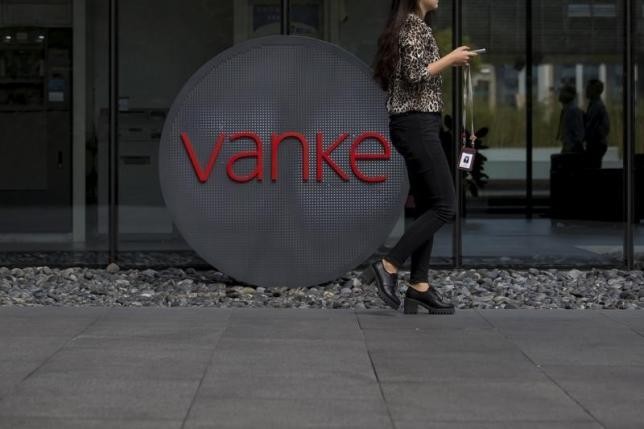Real estate giant China Vanke revealed Friday that it plans to splurge 45.6 billion yuan or $6.9 billion on a unit of Shenzhen Metro Group via new shares, making the subway operator its biggest shareholder.
According to The Wall Street Journal, the plan is "part of efforts to ward off a potential hostile takeover" by Baoneng Group, which currently has a 24-percent stake in Vanke.
After the purchase, Baoneng's stake would fall to only about 19 percent.
Earlier, the WSJ reported that Vanke chairman Wang Shi had expressed doubts over Baoneng's financing, saying that he does not approve of the company's moves.
In a transcript obtained by the WSJ, Wang said, "The reason for not being welcoming is simple: He lacks credibility."
Wang was referring to Chinese businessman Yao Zhenhua, who was allegedly behind Baoneng.
Baoneng started snapping up shares in Vanke in July last year via its subsidiaries, allowing it to acquire a combined stake of 24.3 percent by December, according to the WSJ.
This has booted out China Resources Group, a state-owned company, as Vanke's biggest shareholder.
Vanke will issue about 2.9 billion A shares at 15.88 yuan each. This is 35 percent cheaper than its last traded price on Dec. 18, when trading was halted upon the company's request.
"The cooperation with [Shenzhen Metro Group] not only enables Vanke to find the best foothold for its new business, but also provides assurance for the rapid development of Vanke's new business," Zhu Xu, company secretary to the board, said in a statement.
However, the deal was not favored unanimously by the board. According to Reuters, China Resources voted three "no" votes, out of the 10 total board seats.
In a statement, China Resources said that it is against paying for the deal via issuance of new shares instead of cash.





















